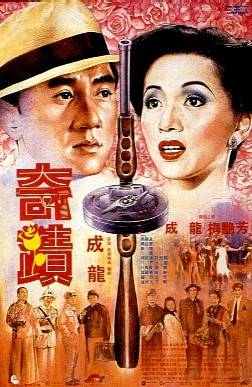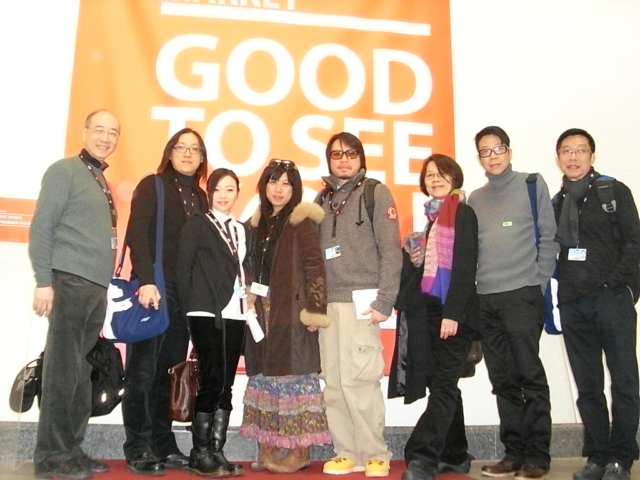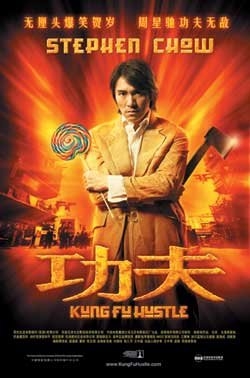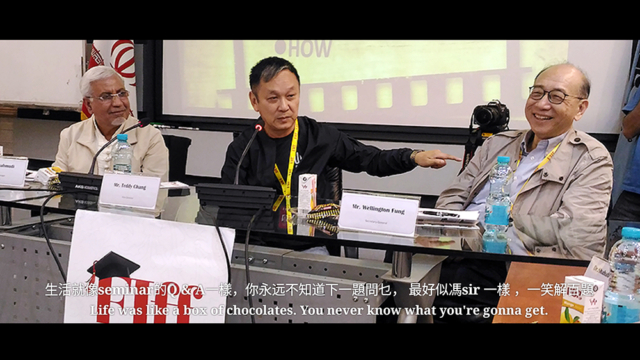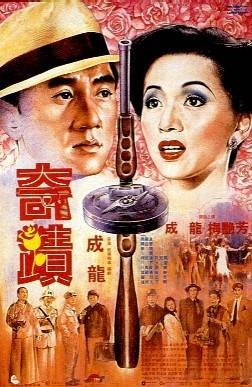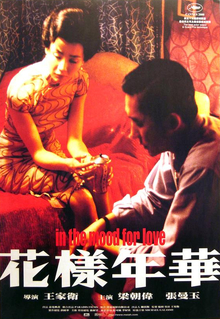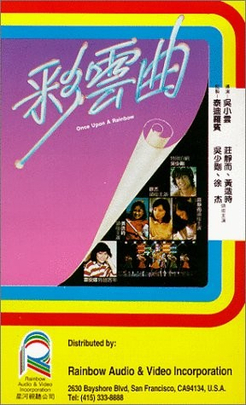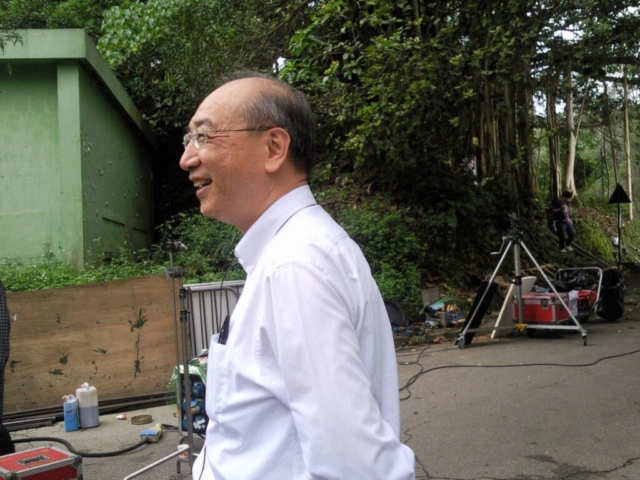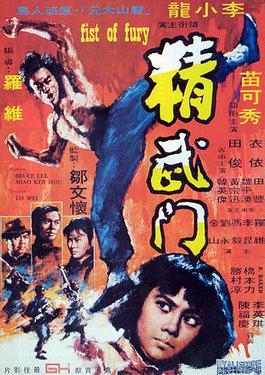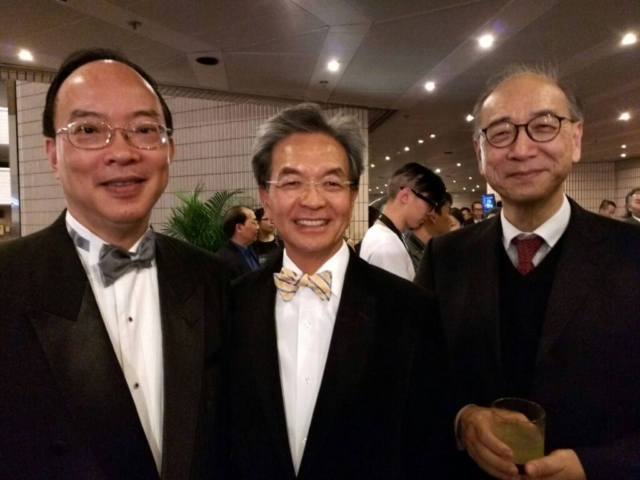29-06-20
It was strange. Sorrow started when online films were invading cinematic ones. When coronavirus was affecting Hong Kong, all cinemas were to close. Sorrow ends now as we are relieved to see online platforms still show the latest films. We said, “Thank God! Film was saved!”
The death of Chinese abacus(算盤) is a result of the birth of electronic calculators. Printing was invented and replaced manuscript. Contact lens and Lasik operation are defeating eyeglasses. In the 1800s, movie was only a strip of film passing rapidly between a lens and an electric light bulb while the viewer peeped through a peephole. The exhibition venue might be just a café. In the 1900s, movie projector was invented and it was an opto-mechanical machine for displaying motion picture film by projecting it onto a big screen. From that time, cinema halls were built to entertain huge movie fans. Alas, in 1975, Steven Sasson made the first digital camera which started to destroy our old world. The first camera phone Kyocera was released in Japan in 1999 which captured and sent digital pictures. By the 2010s, cell phones had an integrated digital camera which could enable shooting a movie of colour images by laymen. Further alack for the old movie business, 2 men founded an internet digital-content supply platform called Netflix in USA. Its business is its subscription-based ‘streaming’ service which offers online streaming of a huge library of ‘films’, and films defined in a very liberal sense. They could include short films, documentaries, and movies which are akin to TV series. To survive will be an act of courage for those film professionals who want to obstruct such a revolution of ‘online digital content communication’ and insist on the values of traditional cinematic movies and theatres.
Fung Wing, Wellington, is a learned authority in our film industry. He is always helpful and sincere. After medical studies in USA which were not his interest, he pursued a degree in filmmaking in School of Visual Arts in New York City. He returned to Hong Kong to work for Television Broadcasts Limited (TVB) in 1978. Film industry began to prosper in the 80s and Wellington left TVB and tried many roles in film: assistant director, administration producer, executive producer, distributor and executive officer. In 2007, he was recruited by the Government of Hong Kong to be the Secretary-General of Hong Kong Film Development Council. Wellington retired after a 12-year tenure. He oversaw the management of the public funds established for the development of the film industry and the monies were more than HK$1 billion.
I asked Wellington directly, “Do you love your jobs?” He was filled with gratitude, “Certainly, I had learnt so much from the fascinating film industry for 40 years, more than what I might possibly get from any other ordinary trade in Hong Kong. Young people should not be freaked out by the declining film industry now. We are just at a crucial juncture of transformation, just like the time when Hong Kong witnessed the transformation of 1,000-seat cinemas into mini-cinemas.” I continued the topic, “Why are you confident that our movie industry will not fade out?” Wellington put his eye on me, “Let’s be positive. Throughout the history of mankind, it is undoubtedly correct that people do need relaxation and entertainment. Movie does provide such immensely. The decline of cinematic films is due to its failure to solve ‘pain points’ for a large part of the audience: it is troublesome to travel from home to a cinema, tickets are relatively expensive, the timetable of a cinema and number of films offered per day are restrictive, good seats may not be available and incidental to moviegoing, one needs to spend money on eating out.”
I supported his view, “More and more friends watch movie online because they can plan their time better and need not rush going to cinemas to catch the movie schedules. There is no need for dress up. One does not have to wait on queue to buy tickets and limited food items. They can relax at home and save the effort. The movie that they want to watch is just right at their fingertip. The movie websites supply an endless category of movies from the past and recently released. You have the freedom to react to a movie in any manner as you wish at home—laughing or crying loudly. You can watch a movie while doing something else. The dog or cat can sit on your lap. Home TV screens are getting bigger and bigger and the ‘larger-than-life’ sensation can equally be attained when you relax on a couch.”
Wellington continued, “All pleasures in the past were substituted when better and cheaper forms came up. Let’s look at movie as an example: kinetoscope peeping, silent film, black-and-white sound motion picture, colour film, ‘TV movie’ and ‘mobile movie’. The reformers kept on inventing more convenient and needed substitutes. If one insists on suppressing these attractive ‘vices’ which become popular, he will definitely fail. So, film people should not feel falling apart because more and more people will not go to cinemas. Instead, we should look at the online digital movie world as a magical new leaf of life. We must try to acquire the new game of technology and play an active part. An open but aggressive mind will be the ticket for film professionals to break through and reincarnate in order to develop a new film industry for Hong Kong. Those who never retract their stubbornness on the world of cinematic movie release will fall behind. The future will be just a fusion of the mixed: cross-talent, cross-media, cross-platform and cross-business contents. The best example is The Walt Disney Company. All things can happen: movies, TV programs, toys, online games, videos, music, shops and theme parks.”
I asked, “What will be the future movie market of Hong Kong?” Wellington was firm, “Apart from the traditional lame cinematic market, it will go online! It is the future. The internet world is where the people, especially young people, will conveniently and willingly seek entertainment from. The paramount duty of us is to ensure film still remains as an ‘industry’, not as isolated art, experimental or social projects. Our film industry used to feed more than 30,000 people and now we employ about only 3,000. If there is no mainstream commercial film industry, other alternative movies can hardly survive too. We were called ‘Eastern Hollywood’. Once upon a time, Hong Kong films were exported to more than 150 countries and cities. In a time of transition or uncertainty, it is important for us to realize some of the old ways endure: our film industry must be ‘market-driven’ and entertaining the audience must be our fundamental business proposition. Wherever there is a market, we shall try to seize.”
Film is an international ‘language’. Hong Kong film industry faces international competition. Online movie will allow the external competition to grow keener and faster. 2 big boys American and Chinese Mainland films are squeezing us. We do not go out and just run. Apart from a defence, there must be an ‘offensive strategy’. The crux of the strategy is one word: ADAPT!
This article can also be found at the following sites:




